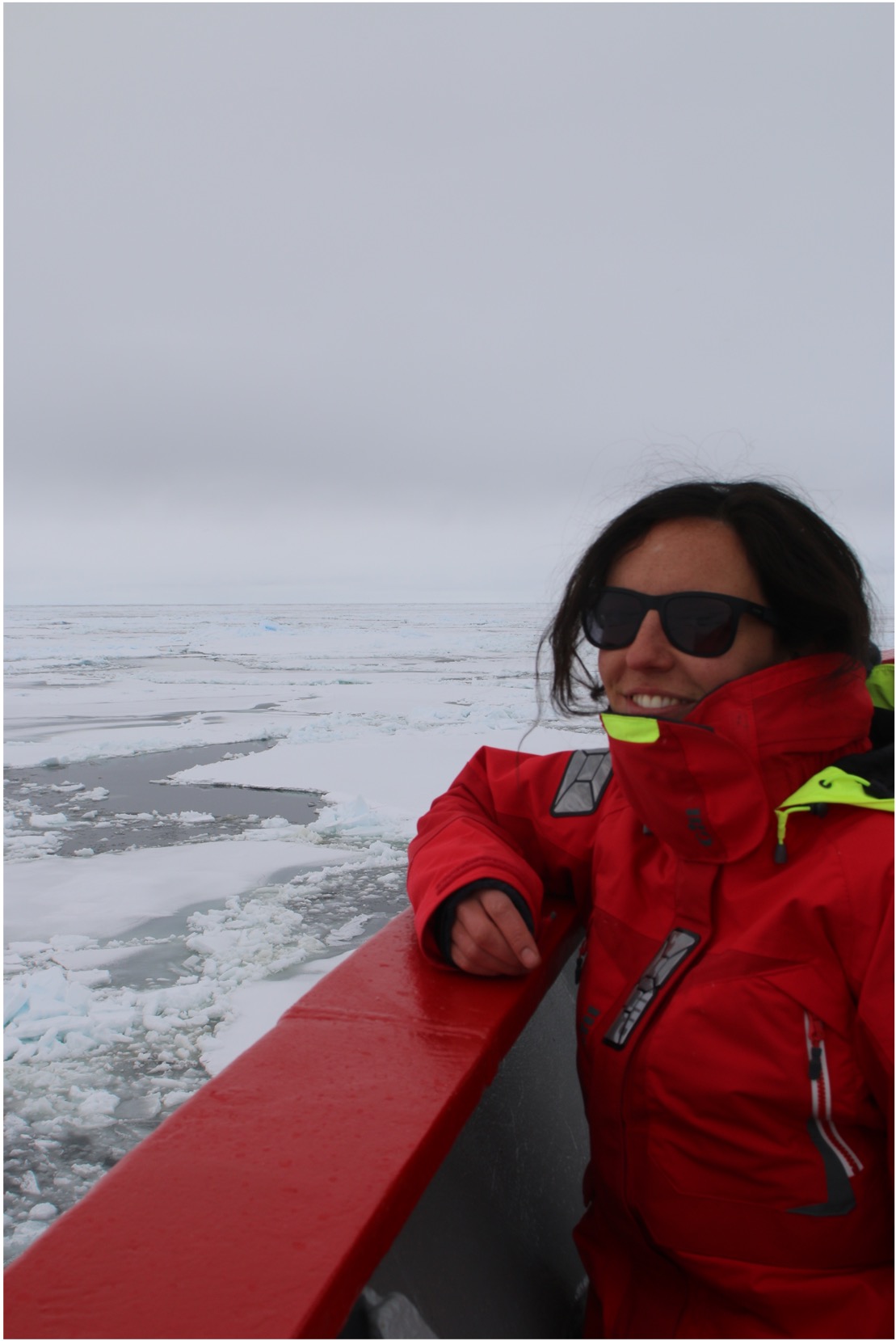Robyn Tuerena - Education and Outreach Portfolio (2023-present)

Robyn Tuerena is a lecturer in marine biogeochemistry. Her research investigates how marine carbon and nutrient cycles are changing in the context of climate change. She trained as a geochemist using stable isotope measurements to investigate the cycling of nutrients and carbon in the open ocean. She continues to explore marine biogeochemical cycles on local to basin scales using stable isotope, stoichiometric and biomarker techniques and linking this information to ocean physics, primary production and food web ecology. Recently her work has expanded to use autonomous instruments such as Argo floats and biogeochemical sensors to explore ocean processes such as biological drawdown and anthropogenic carbon uptake.
Latest News
Royal Society Publishing Photography Competition 2025
Please see a message from the Royal Society below:
We are delighted to announce that the 2025 Competition is now open for entries until 15 August for a chance to win £1000! The competition celebrates the power of photography in conveying the wonder of science happening all around us and photographs can be submitted in the categories of: Astronomy, Behaviour, Earth Science and Climatology, Ecology and Environmental Science, and Microimaging.
The competition is free to enter and open to anyone studying or working in science at graduate level or above. Category winners will receive a one-year membership to the Royal Photographic Society and the overall winner will receive a grand prize of £1,000. Find out more: https://bit.ly/RSPphotocomp
October 2025 MEDIN Workshop: Marine Data Management, Governance and the MEDIN toolset
The Marine Environmental Data and Information Network (MEDIN) are pleased to announce that registration is now open for the next occurrence of our popular free online training workshop: ‘Marine Data Management, Governance and the MEDIN toolset’ on the 13th – 17th October 2025 on OceanTeacher Global Academy.
Marine Data Management, Governance and the MEDIN toolset
The Marine Environmental Data and Information Network (MEDIN) and OceanWise are delighted to invite you to attend our popular free online training workshop: ‘Marine Data Management, Governance and the MEDIN toolset’ on the 19th – 23rd of May 2025.
